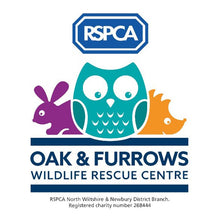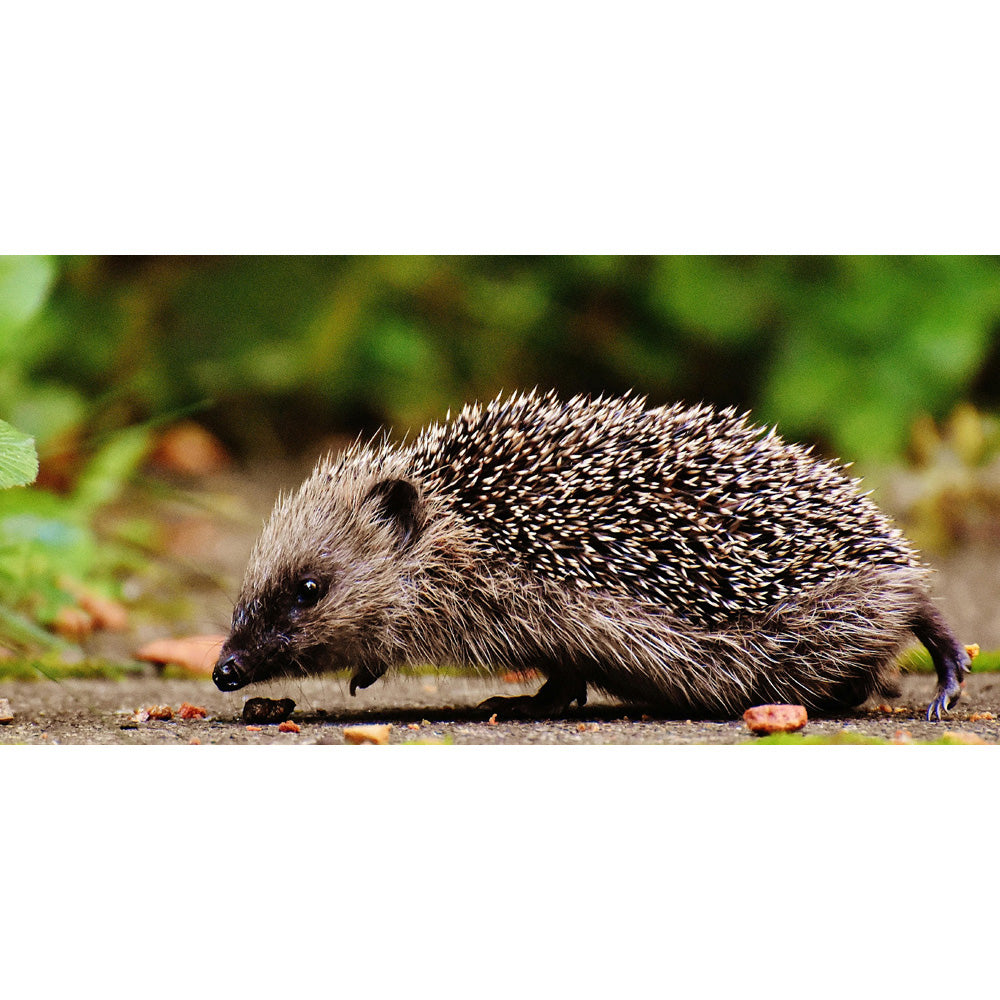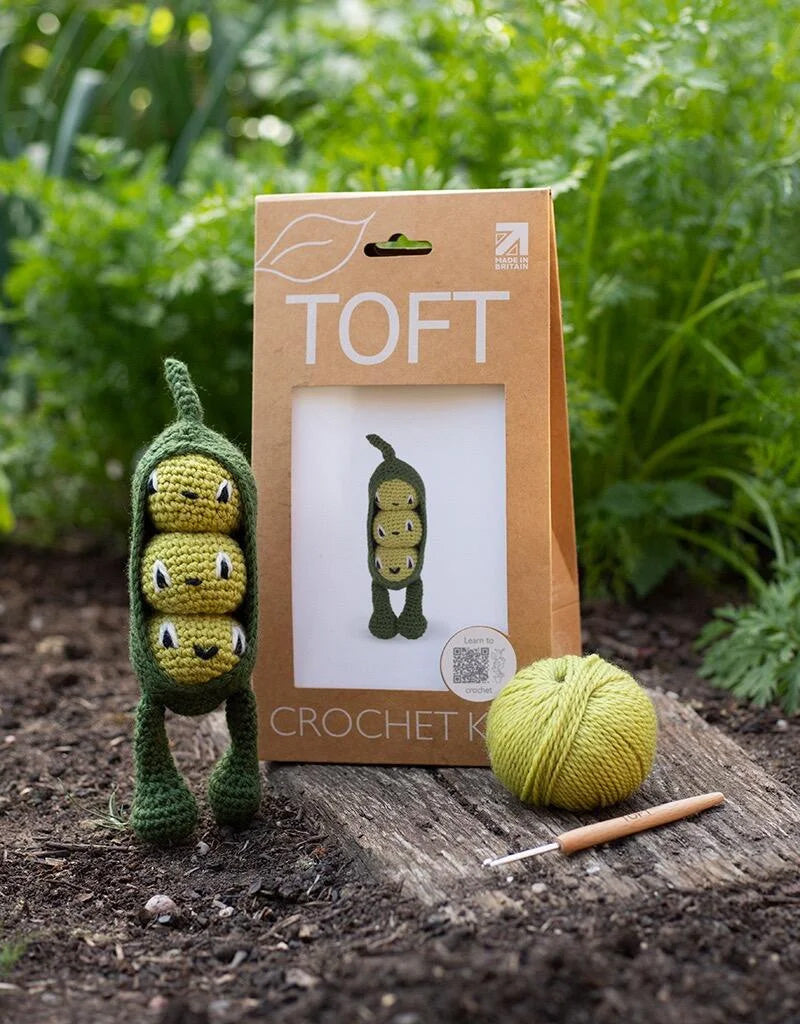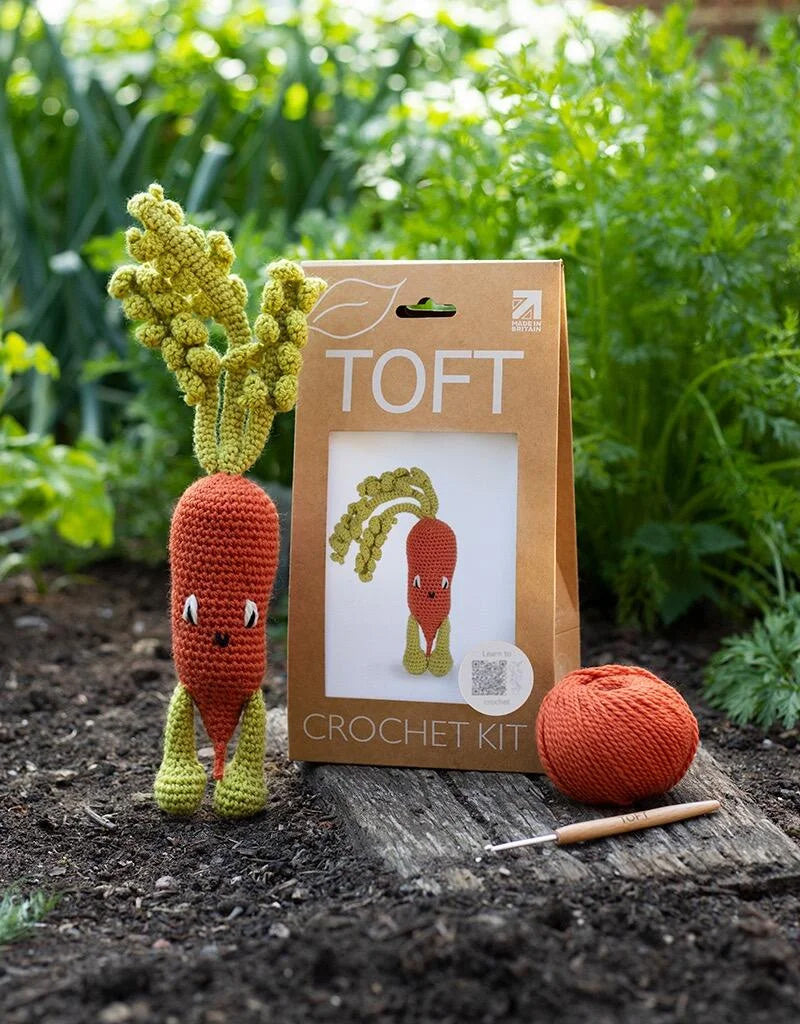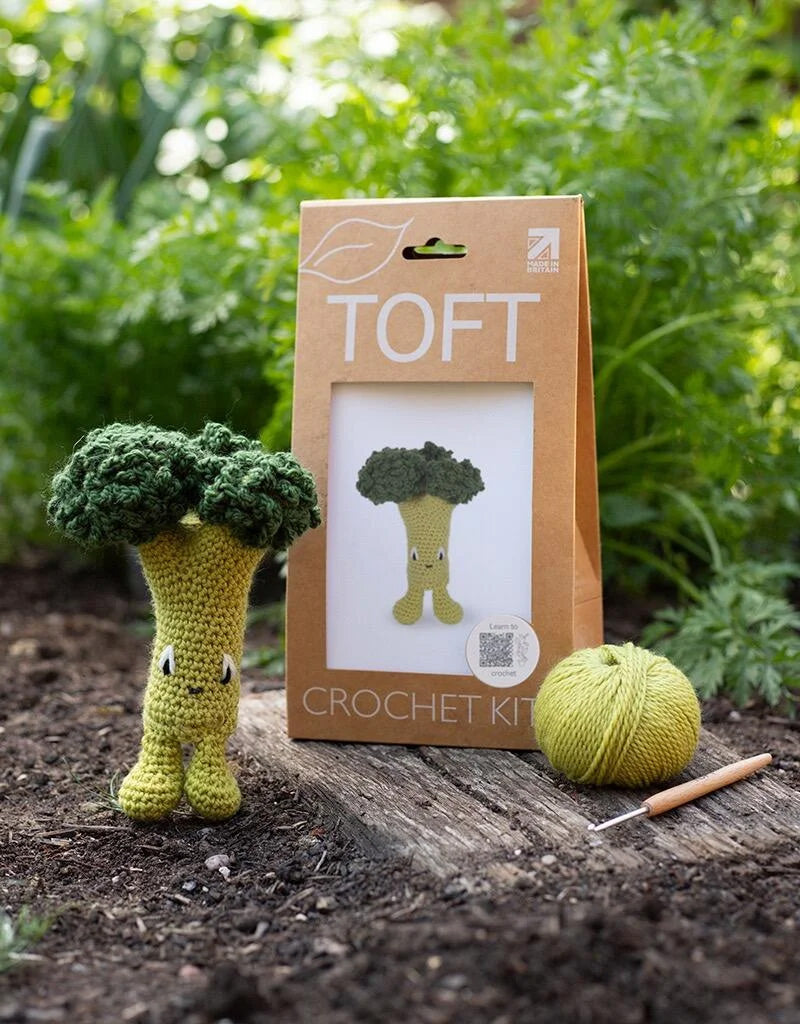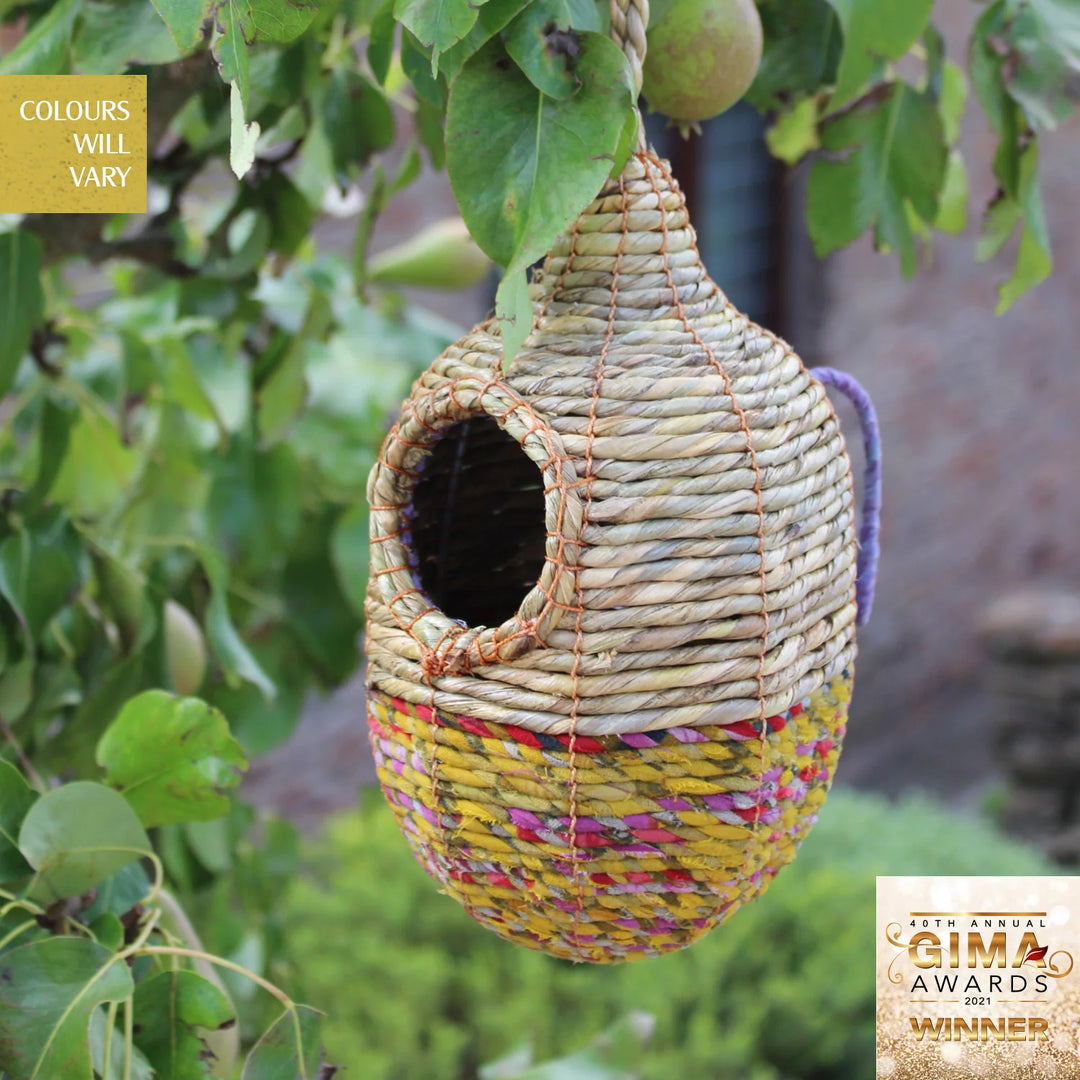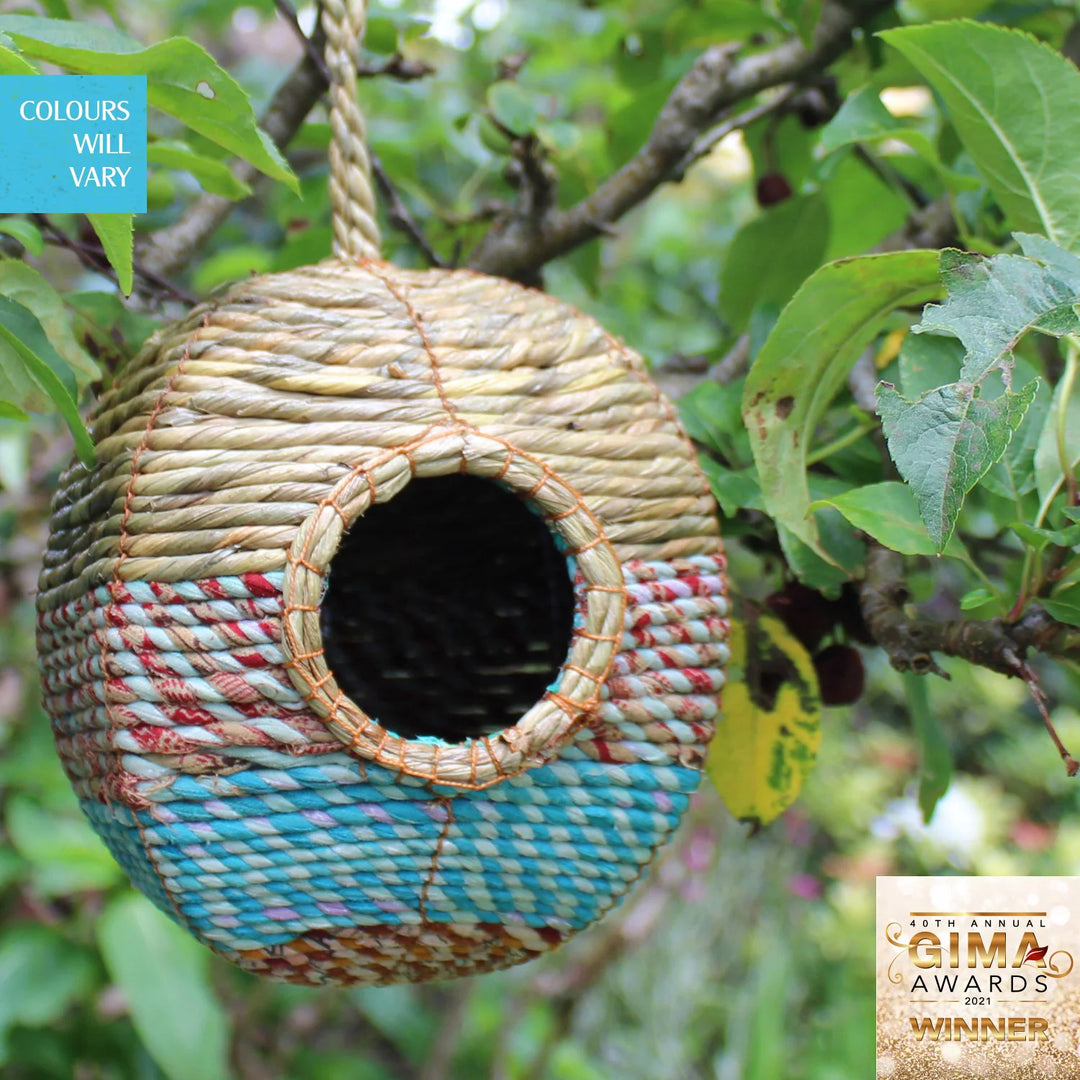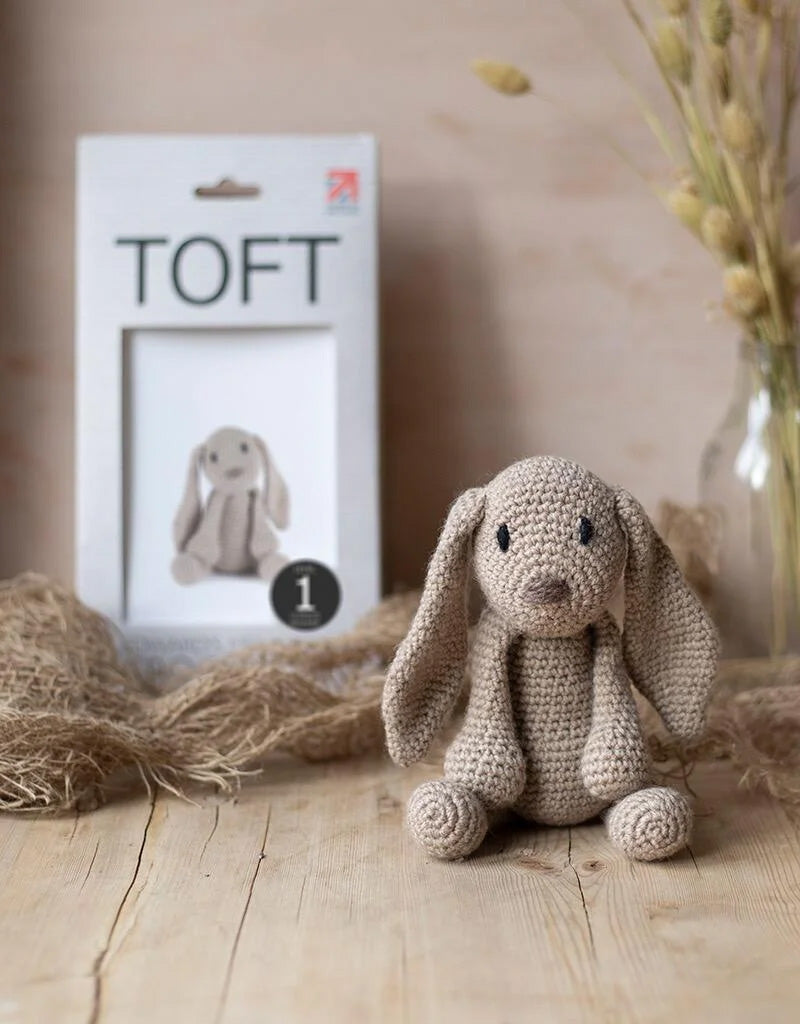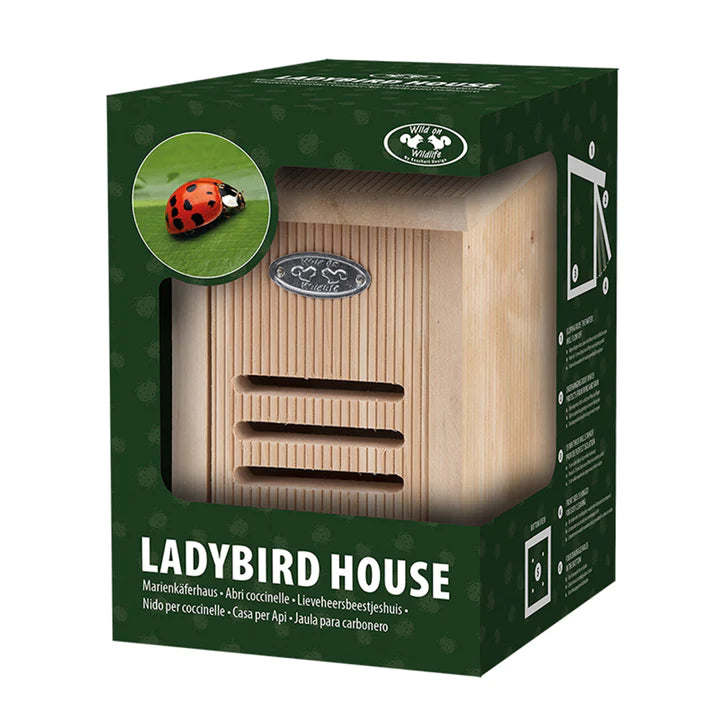Hedgehogs
Hedgehogs in the UK are fascinating creatures that have captured the hearts of many. These small, spiky mammals are known for their unique appearance and adorable antics. However, despite their popularity, hedgehogs in the UK face a number of challenges that threaten their survival.
One of the most pressing issues facing hedgehogs in the UK is the loss of their natural habitat. As urban areas continue to expand, hedgehogs are finding it increasingly difficult to find suitable places to live and forage for food. This loss of habitat has forced many hedgehogs to venture into dangerous territory, such as roads and gardens, where they are at risk of being injured or killed.
In addition to habitat loss, hedgehogs in the UK also face threats from predators such as cats. While cats are not typically a major threat to adult hedgehogs, they can pose a danger to young or injured hedgehogs. Cats are known to hunt hedgehogs for food, which can have a significant impact on local populations.
Despite these challenges, hedgehogs in the UK are a protected species under the Wildlife and Countryside Act 1981. This means that it is illegal to harm or disturb hedgehogs, their nests, or their young. However, despite this legal protection, hedgehogs in the UK are still facing a number of threats that are putting their survival at risk.
One of the key factors contributing to the decline of hedgehogs in the UK is changes in their diet. Hedgehogs are omnivores, which means they eat a variety of foods including insects, worms, slugs, and berries. However, changes in agricultural practices have led to a decrease in the availability of these foods, making it difficult for hedgehogs to find enough to eat.
Another factor contributing to the decline of hedgehogs in the UK is the practice of hibernation. Hedgehogs hibernate during the winter months to conserve energy and survive the cold temperatures. However, changes in weather patterns and habitat loss have made it increasingly difficult for hedgehogs to find suitable places to hibernate, putting them at risk of starvation and death.
In addition to these threats, hedgehogs in the UK are also facing challenges from farmers. Hedgehogs are known to eat pests such as slugs and insects, making them valuable allies to farmers. However, some farmers see hedgehogs as pests themselves and may use pesticides or other methods to control their populations, further endangering these vulnerable creatures.
Despite these challenges, efforts are being made to protect hedgehogs in the UK and ensure their survival for future generations. Conservation groups and wildlife organizations are working to raise awareness about the threats facing hedgehogs and to implement measures to protect their habitats and food sources.
One of the key ways that individuals can help hedgehogs in the UK is by creating hedgehog-friendly gardens. This includes providing access to food and water, creating sheltered areas for nesting and hibernation, and ensuring that gardens are free from hazards such as pesticides and litter. By making small changes to our gardens, we can help to create a safe and welcoming environment for hedgehogs to thrive.
In conclusion, hedgehogs in the UK are facing a number of challenges that are putting their survival at risk. From habitat loss and changes in diet to threats from predators and farmers, hedgehogs are fighting an uphill battle to survive in an increasingly hostile environment. However, by raising awareness, implementing conservation measures, and making small changes to our own behaviour, we can help to protect these adorable creatures and ensure that they continue to roam the British countryside for generations to come.
One of the most pressing issues facing hedgehogs in the UK is the loss of their natural habitat. As urban areas continue to expand, hedgehogs are finding it increasingly difficult to find suitable places to live and forage for food. This loss of habitat has forced many hedgehogs to venture into dangerous territory, such as roads and gardens, where they are at risk of being injured or killed.
In addition to habitat loss, hedgehogs in the UK also face threats from predators such as cats. While cats are not typically a major threat to adult hedgehogs, they can pose a danger to young or injured hedgehogs. Cats are known to hunt hedgehogs for food, which can have a significant impact on local populations.
Despite these challenges, hedgehogs in the UK are a protected species under the Wildlife and Countryside Act 1981. This means that it is illegal to harm or disturb hedgehogs, their nests, or their young. However, despite this legal protection, hedgehogs in the UK are still facing a number of threats that are putting their survival at risk.
One of the key factors contributing to the decline of hedgehogs in the UK is changes in their diet. Hedgehogs are omnivores, which means they eat a variety of foods including insects, worms, slugs, and berries. However, changes in agricultural practices have led to a decrease in the availability of these foods, making it difficult for hedgehogs to find enough to eat.
Another factor contributing to the decline of hedgehogs in the UK is the practice of hibernation. Hedgehogs hibernate during the winter months to conserve energy and survive the cold temperatures. However, changes in weather patterns and habitat loss have made it increasingly difficult for hedgehogs to find suitable places to hibernate, putting them at risk of starvation and death.
In addition to these threats, hedgehogs in the UK are also facing challenges from farmers. Hedgehogs are known to eat pests such as slugs and insects, making them valuable allies to farmers. However, some farmers see hedgehogs as pests themselves and may use pesticides or other methods to control their populations, further endangering these vulnerable creatures.
Despite these challenges, efforts are being made to protect hedgehogs in the UK and ensure their survival for future generations. Conservation groups and wildlife organizations are working to raise awareness about the threats facing hedgehogs and to implement measures to protect their habitats and food sources.
One of the key ways that individuals can help hedgehogs in the UK is by creating hedgehog-friendly gardens. This includes providing access to food and water, creating sheltered areas for nesting and hibernation, and ensuring that gardens are free from hazards such as pesticides and litter. By making small changes to our gardens, we can help to create a safe and welcoming environment for hedgehogs to thrive.
In conclusion, hedgehogs in the UK are facing a number of challenges that are putting their survival at risk. From habitat loss and changes in diet to threats from predators and farmers, hedgehogs are fighting an uphill battle to survive in an increasingly hostile environment. However, by raising awareness, implementing conservation measures, and making small changes to our own behaviour, we can help to protect these adorable creatures and ensure that they continue to roam the British countryside for generations to come.

